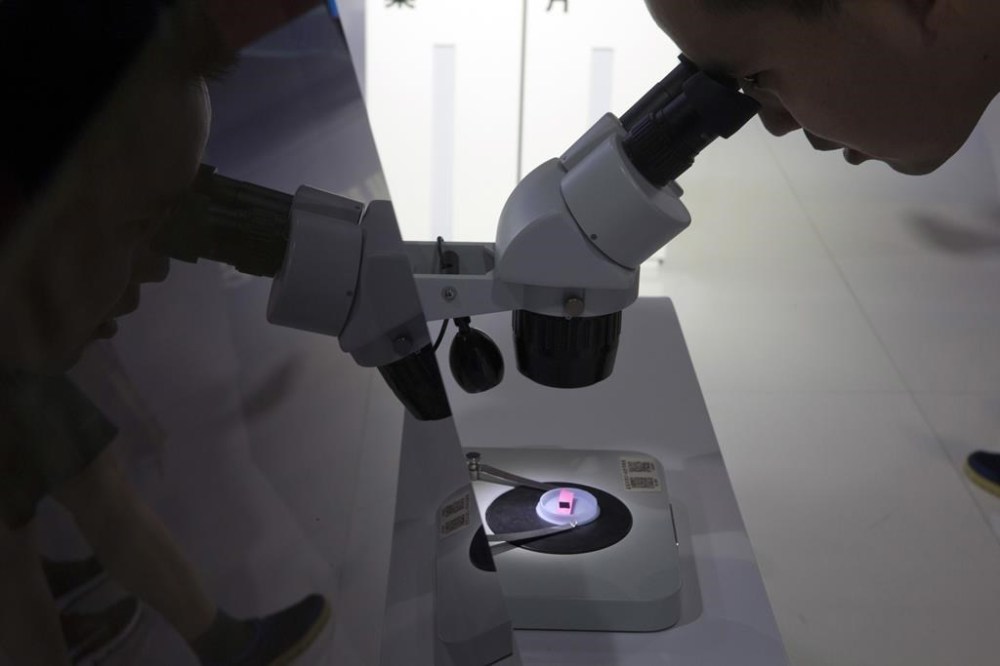Britain unveils $1.2B strategy to boost computer chip industry
Advertisement
Read this article for free:
or
Already have an account? Log in here »
To continue reading, please subscribe:
Monthly Digital Subscription
$0 for the first 4 weeks*
- Enjoy unlimited reading on winnipegfreepress.com
- Read the E-Edition, our digital replica newspaper
- Access News Break, our award-winning app
- Play interactive puzzles
*No charge for 4 weeks then price increases to the regular rate of $19.00 plus GST every four weeks. Offer available to new and qualified returning subscribers only. Cancel any time.
Monthly Digital Subscription
$4.75/week*
- Enjoy unlimited reading on winnipegfreepress.com
- Read the E-Edition, our digital replica newspaper
- Access News Break, our award-winning app
- Play interactive puzzles
*Billed as $19 plus GST every four weeks. Cancel any time.
To continue reading, please subscribe:
Add Free Press access to your Brandon Sun subscription for only an additional
$1 for the first 4 weeks*
*Your next subscription payment will increase by $1.00 and you will be charged $16.99 plus GST for four weeks. After four weeks, your payment will increase to $23.99 plus GST every four weeks.
Read unlimited articles for free today:
or
Already have an account? Log in here »
Hey there, time traveller!
This article was published 19/05/2023 (906 days ago), so information in it may no longer be current.
LONDON (AP) — Britain’s government unveiled its long-awaited semiconductor strategy Friday, catching up with similar efforts by Western allies seeking to reduce reliance on Asian production of the computer chips that are essential to modern life.
Under U.K. plan, the country’s semiconductor industry will get up to 1 billion pounds ($1.2 billion) in government investment over the next decade. The amount is dwarfed by the U.S. Chips Act, which provides $52 billion in government incentives, and the European Union’s $43 billion euro ($46 billion) chip program.
The money provided by the British government will be focused on research and development, design and intellectual property and on cutting-edge compound semiconductors. The first 200 million pounds will be provided between 2023 and 2025.

“Our new strategy focuses our efforts on where our strengths lie, in areas like research and design, so we can build our competitive edge on the global stage,” Prime Minister Rishi Sunak said.
The strategy is aimed at boosting the domestic chip industry, as well as alleviating supply chain disruption and protecting Britain’s national security.
Semiconductors — tiny computer chips — control everything from cars and smartphones to washing machines and medical devices. Most of the world’s advanced chips are produced in Asia, especially Taiwan and South Korea, a vulnerability that was exposed during the coronavirus pandemic when supply lines were scrambled, leading to extended shortages of manufactured products.
Sunak, who’s in Japan for the summit of the Group of Seven major economies, and Japanese Prime Minister Fumio Kishida signed a semiconductor partnership Thursday to improve the supply chain for the components.

